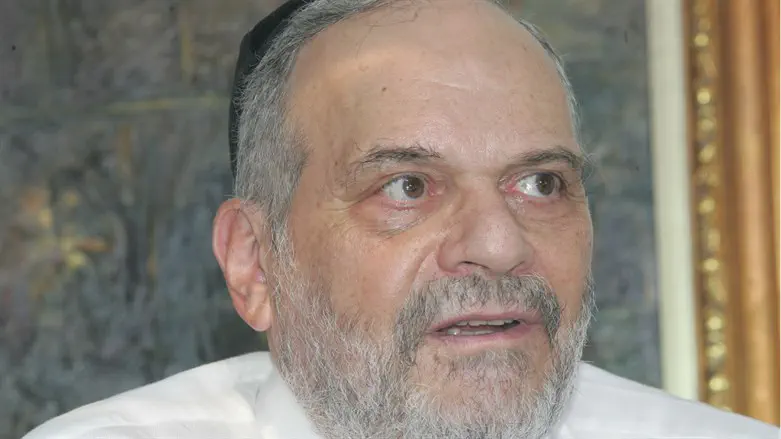
As the drama of the Exodus from Egypt draws nearer its climax in our Torah readings, one cannot help but be struck by the stubbornness of Pharaoh in the face of all of the plagues visited upon him and his nation. His advisers had long before told him that all was lost and that he should cut his losses quickly by freeing the Jewish people from Egyptian slavery. This seemingly wise and rational counsel was rejected by Pharaoh out of hand.
Pharaoh sees himself as a godlike figure, omniscient, supremely brilliant and all knowing. He is trapped in a propaganda web of his own making – he can never admit to being wrong or to having made an error of judgment or policy. In the course of human history this has often been the fatal error made by dictators who were always supremely confident in their arrogance and who never acknowledged their mistakes.
Just recall the mass murderers and dictators of our past century – Hitler, Stalin, Mao, Pol Pot, Arafat, etc. None of them ever admitted to error and all of them led their people to disaster and untold suffering. This was the arrogance of power overwhelming rational thought and nullifying good strategic planning. There is also an arrogance of intellect. The intellectuals amongst us, who always know what is best for everyone else, are never reticent about rendering opinions on all issues and policies. Again, the fact that they have been wrong – dead wrong – so many times in the past causes them no inhibition in advancing their current viewpoints.
The Torah seems to attribute Pharaoh’s continuing folly of unreasonable stubbornness, to God, so to speak, ‘hardening his heart.’ This implies that somehow Pharaoh’s freedom of choice was diminished and he could not have capitulated to the demands of Moshe even if he had wished to do so. This philosophic and theological difficulty has been dealt with by the great commentators of Israel over the ages, with varying theories offered and advanced.
It seems from many of their opinions that at a certain point in human decision- making, a tipping point is achieved when the leader can no longer admit to error and remain the leader. ‘Hardening’ the leader’s heart means there is an unwillingness to give up one’s position of power. Very few leaders in the history of humanity have willingly surrendered power.
Simply rising to a position of leadership, let alone absolute and dictatorial power, almost automatically ‘hardens one’s heart’ and limits one’s choices and policy options. The Torah blesses a generation that is privileged to have a leader that is capable of admitting sin and error and can offer a public sacrifice in the Temple in atonement.
The greatness of King David lies not only in his heroic spiritual and physical accomplishments as king of Israel but in his ability to admit to personal failings and errors of judgment. Pharaoh is incapable of such self-scrutiny and realistic humility. His lust for power has ‘hardened his heart’ beyond the power of recall. He has doomed himself as have so may of his ilk over the centuries.